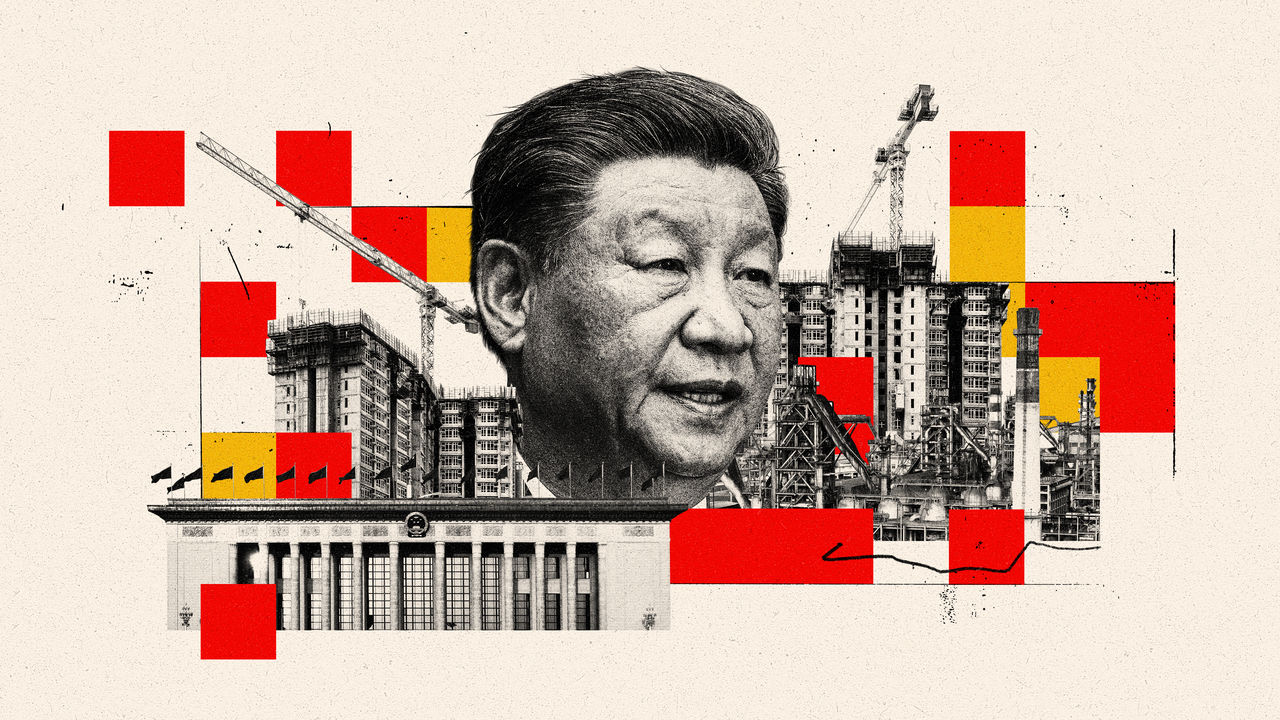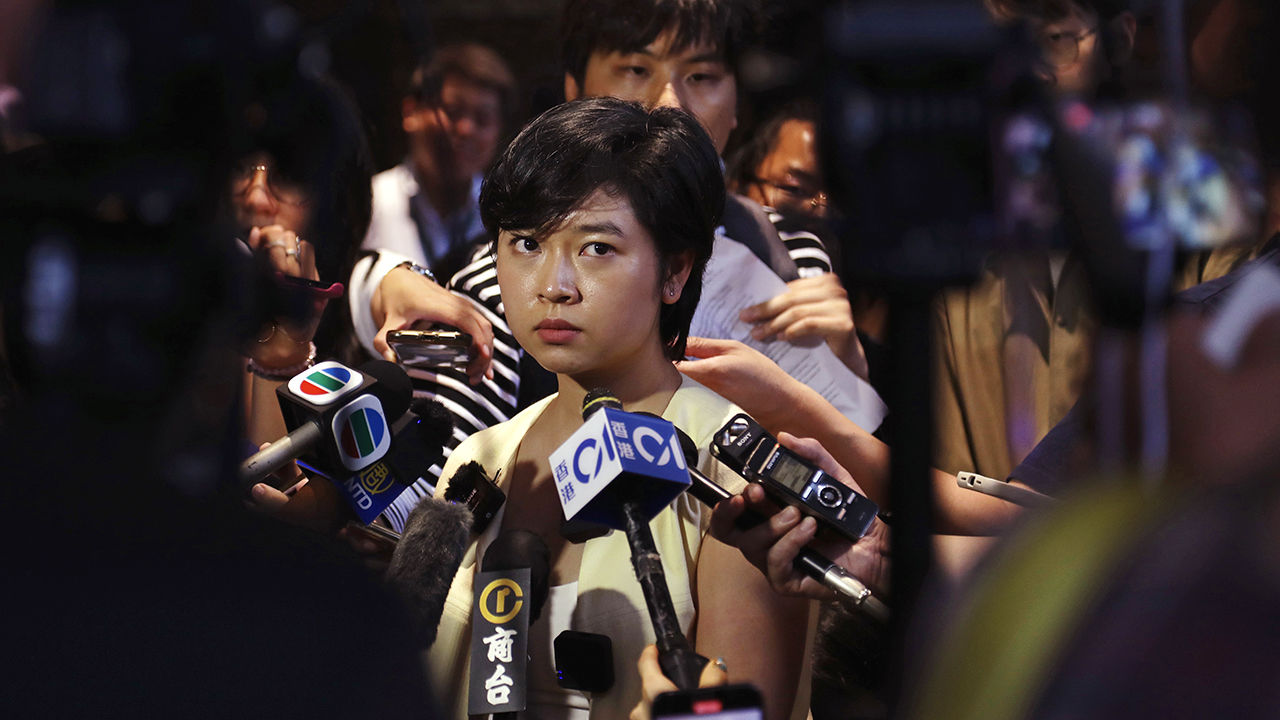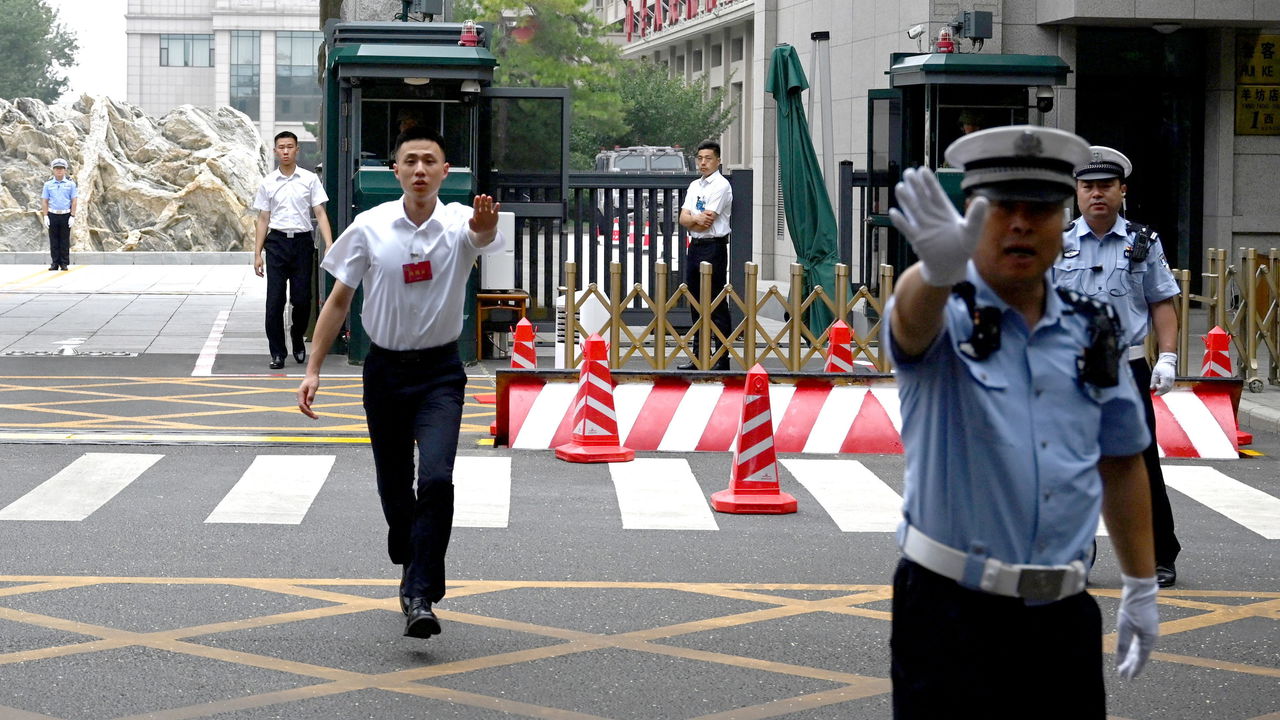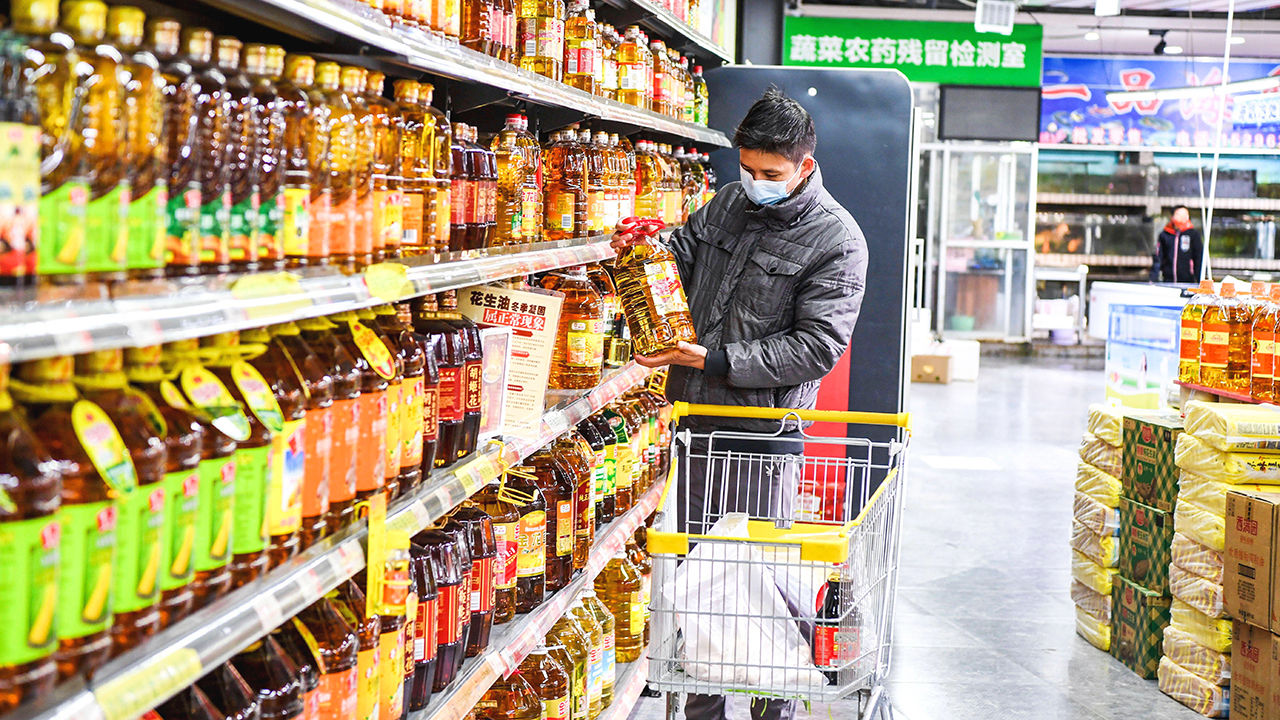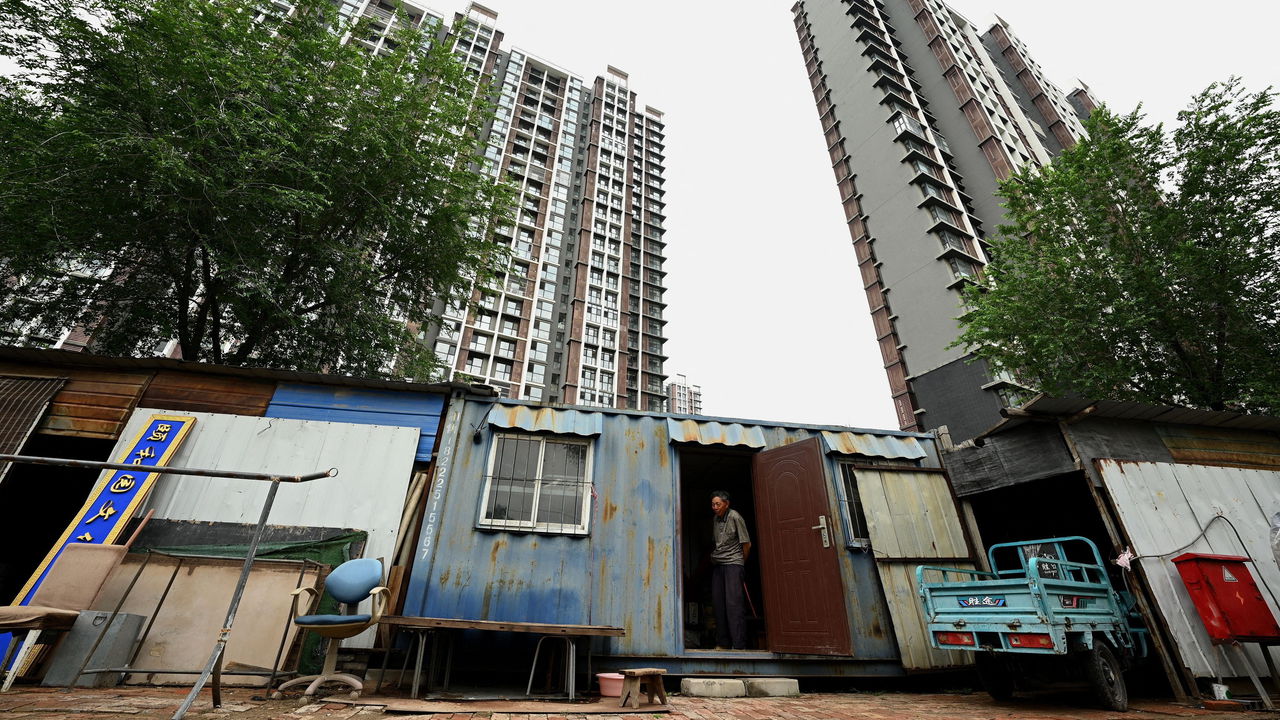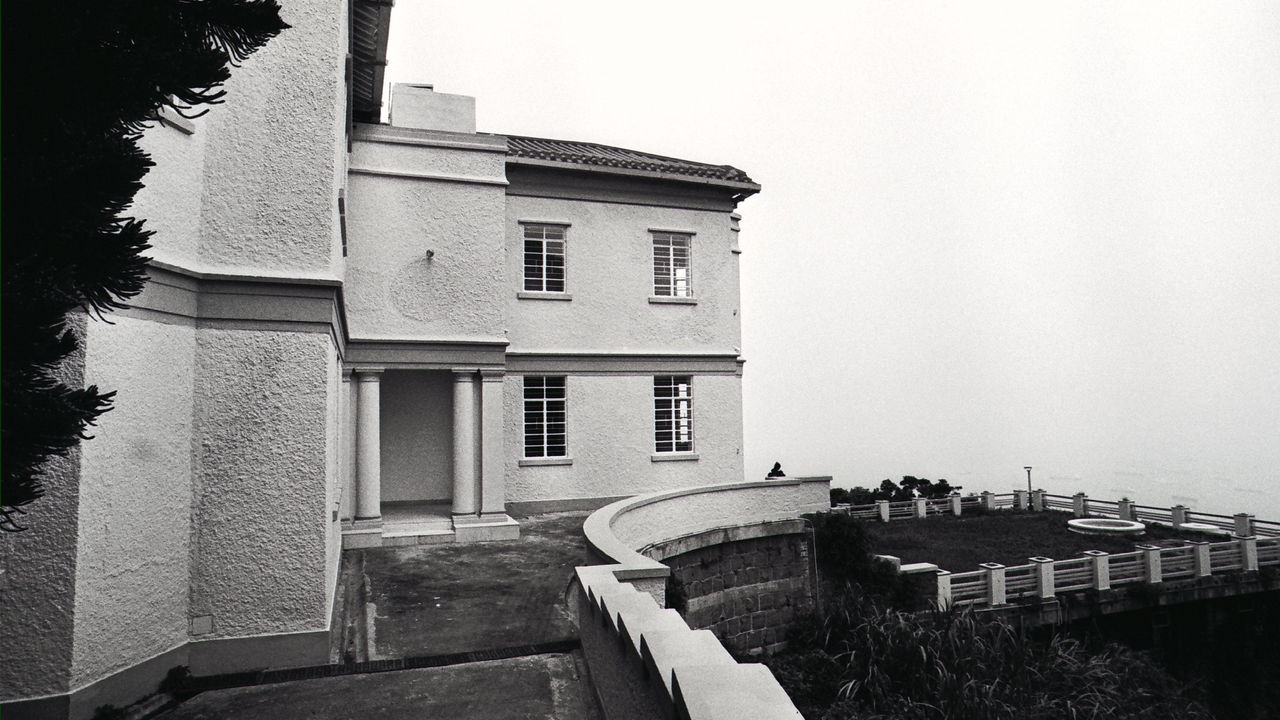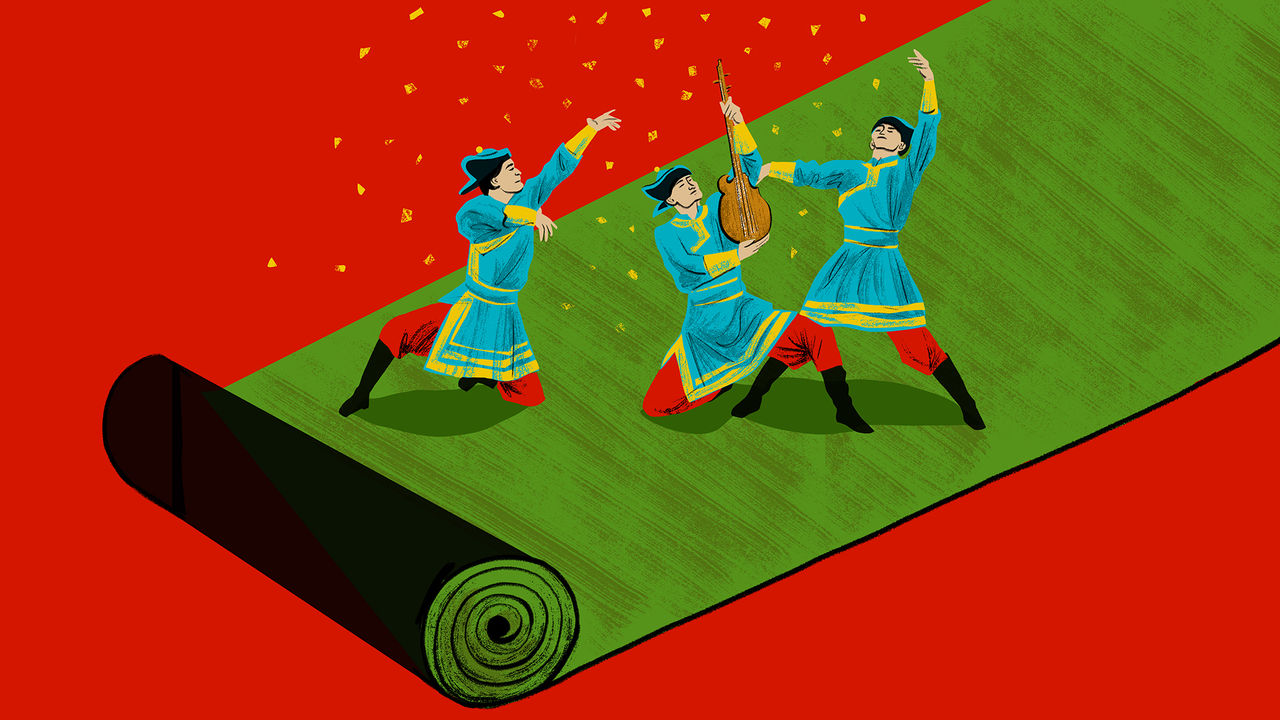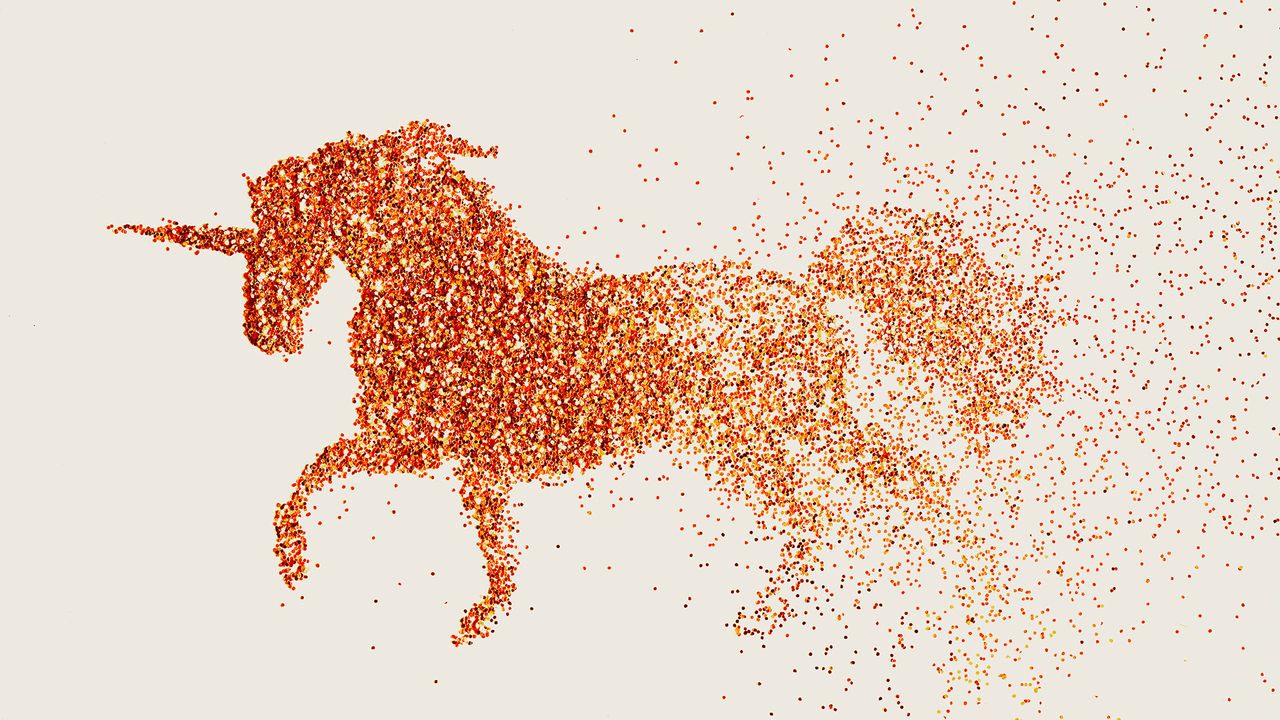SCATTERED ACROSS the ocean floor are trillions of lumps of nickel, copper, cobalt and manganese. Companies have long wanted to mine them: these “critical minerals” are needed in vast quantities to electrify the global economy and cut dependence on fossil fuels. But the International Seabed Authority (ISA), a UN body, is still figuring out how mining should be regulated. Some environmental groups want an outright ban. Supporters and critics of deep-sea mining are hashing out these issues at an ISA meeting in Jamaica between July 29th and August 2nd. Of…
Month: July 2024
China unveils its new economic vision
ONLY 205 of the Chinese Communist Party’s 99m members serve as full members of its Central Committee. Reaching such giddy heights (the top 0.0002%) is not always a privilege. Of late for example, it has meant spending four days in July closeted in a Beijing hotel poring over an epic resolution on “Further Deepening Reform Comprehensively to Advance Chinese Modernisation”. The Economist
The nationalism of ideas
In beijing a quarter-century ago, Chaguan witnessed a rare event: a criminal court finding a defendant not guilty. Back then, over 90% of Chinese criminal trials ended in convictions. This time the accused—an alleged armed robber—walked free. A lack of hard evidence and his refusal to answer police questions proved decisive. So did his defence lawyer’s plea that it is better to acquit a guilty man than to risk the “horror” of jailing an innocent. The Economist
The noose around the press in Hong Kong tightens
THE FIRST press conference Selina Cheng gave as chair of the Hong Kong Journalists Association (HKJA), a trade union, on July 17th, was her last as a reporter for the Wall Street Journal. Ms Cheng says that, shortly after she was appointed, her supervisors at the newspaper ordered her to withdraw, because the two roles were “incompatible” (though her beat was the car industry, not politics), and that when she declined she was fired. The Economist
China’s ruling party sets out its vision of economic reform
The Chinese Communist Party has just finished its “third plenum”, a big meeting held roughly twice a decade devoted to long-term reform. From July 15th to 18th more than 360 members of the party’s Central Committee—including the country’s most senior political and military leaders as well as bosses of state firms—sequestered themselves in a Beijing hotel to master the latest party doctrine on “Further Deepening Reform Comprehensively to Advance Chinese Modernisation”. It could have been worse. The most famous third plenum, held in 1978, lasted a day longer and followed…
Fury erupts in China over a food-safety scandal
Investigative journalism is a rarity in China. The Communist Party prefers stories that puff up its achievements. So readers paid particularly close attention when a newspaper run by the Chinese capital’s own party committee, Beijing News, deviated from the norm. On July 2nd it reported that cooking oil was being transported by lorry in containers that were also being used to carry liquid fuel. It said that, to save money, the vessels were being switched from one use to the other without being cleaned. In a country where food safety…
The No.1 reason for success in China? Connections
China’s ancient thinkers knew about the dangers of inequality. “Rulers need not worry about scarcity, but unevenness,” said the “Analects”, a collection of sayings attributed to Confucius, a philosopher of the 6th and 5th centuries BC. China’s leader, Xi Jinping, uses the language of Mao Zedong, but the message is the same. He calls for “common prosperity”, warning that in the West, wealth gaps have caused dangerous social divisions. The Economist
A spectre looms over Hong Kong’s property market
Properties on the Peak, a rich neighbourhood in Hong Kong, are among the world’s most desirable. But nobody lives in Dragon Lodge, an Italianate mansion built in the 1920s. It was abandoned shortly after it sold, for HK$118m ($15m), in 1997. Rumour has it that nuns were beheaded there during the Japanese occupation in the second world war; they haunt the shadowy halls. The Economist
When party propaganda falls flat
China’s Communist Party has an Astroturf problem. For a decade the party has worked to revive grassroots networks that withered during the me-first, get-rich-quick years of the 1990s and 2000s. Under Xi Jinping, China’s leader since 2012, vast resources have been deployed to make the party a growing presence in everyday life. Alongside lessons in Xi Jinping Thought, Maoist campaigns and slogans have been resurrected, tapping into popular nostalgia for a time when China was poor but more equal. The Economist
Xi Jinping is trying to love-bomb China’s entrepreneurs
China’s leader, Xi Jinping, worries about “black swans” (unexpected crises) and “grey rhinos” (big problems that are ignored). Recently he has been fretting about vanishing unicorns, too. In May he asked a group of bosses to explain why fewer Chinese startups were turning into these beasts: privately held startups with a valuation of a billion dollars or more. In June the State Council, China’s cabinet, acknowledged that investors were fearful of putting money into risky new ventures and that it was difficult to cash out. The Economist

